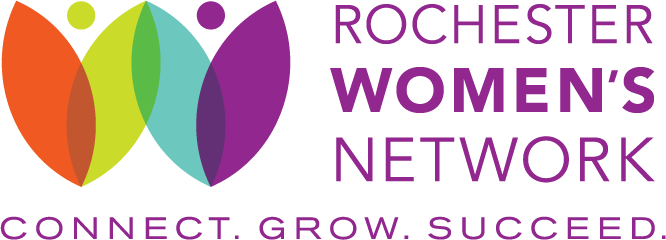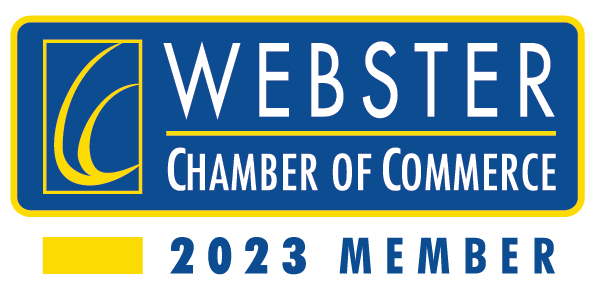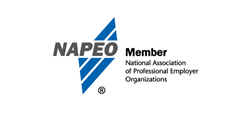When your small business grows to more than your ‘right-hand’ hire, it’s exciting to take your business to the next level. But the HR administration that comes with it? Not so exciting.
Behind-the-scenes hassles, like paperwork and legal red tape, can take over your time with your employees. Mundane yet mandatory tasks eat up your valuable time that would be better spent cultivating your team and serving your customers.
As a professional employer organization, we see 3 key areas take up a lot of time for small business owners:
As we explore each of these categories, consider:
- How many of these issues do you deal with?
- How much time do you spend on these issues instead of your core business?
1. Disruptions to Profitable Daily Activities
A few examples of requests that disrupt productivity, but must be dealt with in a timely manner.
- Department of Labor Requests: Employment verification. Disability claims. Workers’ Comp audits. You may receive a lot of requests from the Department of Labor over the years—none of which contribute to your bottom line.
- Direct Deposit Changes: In New York State, your employees must complete an authorization form before you can pay them via direct deposit. Anytime an employee changes banks or wants to adjust their deposits, that means more paperwork for you to process. And if an employee’s direct deposit doesn’t go through, it’s up to you to figure out why.
- Debit Card Loss: A lost debit card needs to be dealt with quickly to minimize your risk and liability for any unauthorized purchases. Are you able to drop everything to contact your bank and make sure your authorized payments are not interrupted?
2. One-off Instances
Important matters will pop up, but probably not often enough for you to be familiar with how to handle them. Instances like:
- Parental Leave: The thought of losing an employee for several weeks or months can be daunting, especially for small businesses with a handful of employees. How do you make sure your business stays productive without putting too much stress on yourself or your team?
- Unemployment Claims: When a former employee files an unemployment insurance claim, you must respond to that claim before they will be compensated. If you need to contest a claim, you only have 10 days to provide details explaining why.
- Employment Record Retrieval: Federal and state regulations require you to keep employee records for anywhere between 1–7 years. How complete is your record keeping? And how quickly can you retrieve a specific record years later?
3. Competing Demands
As a small business owner, you’re constantly pulled in different directions:
- Keeping your employees happy
- Complying with regulations
- Satisfying your customers
- Marketing your business
Time is a limited resource you can’t afford to waste. A Professional Employer Organization (PEO) can take managing HR, compliance, payroll, and employee benefits off your plate—so you can focus on what matters most in your business.
How Is a PEO Different From a Traditional Payroll Service?
A PEO becomes the ‘employer on record’ with taxation, insurance, and labor agencies. That means the PEO takes on the liabilities for:
- Producing payroll
- Reporting and paying payroll taxes
- Administering workers’ compensation
- Providing unemployment insurance
- Managing benefit programs
- Maintaining employment records
To learn more about how a PEO can help you save time and energy, contact Employ-Ease today.
This post has been updated from the original article published on January 4, 2023.






